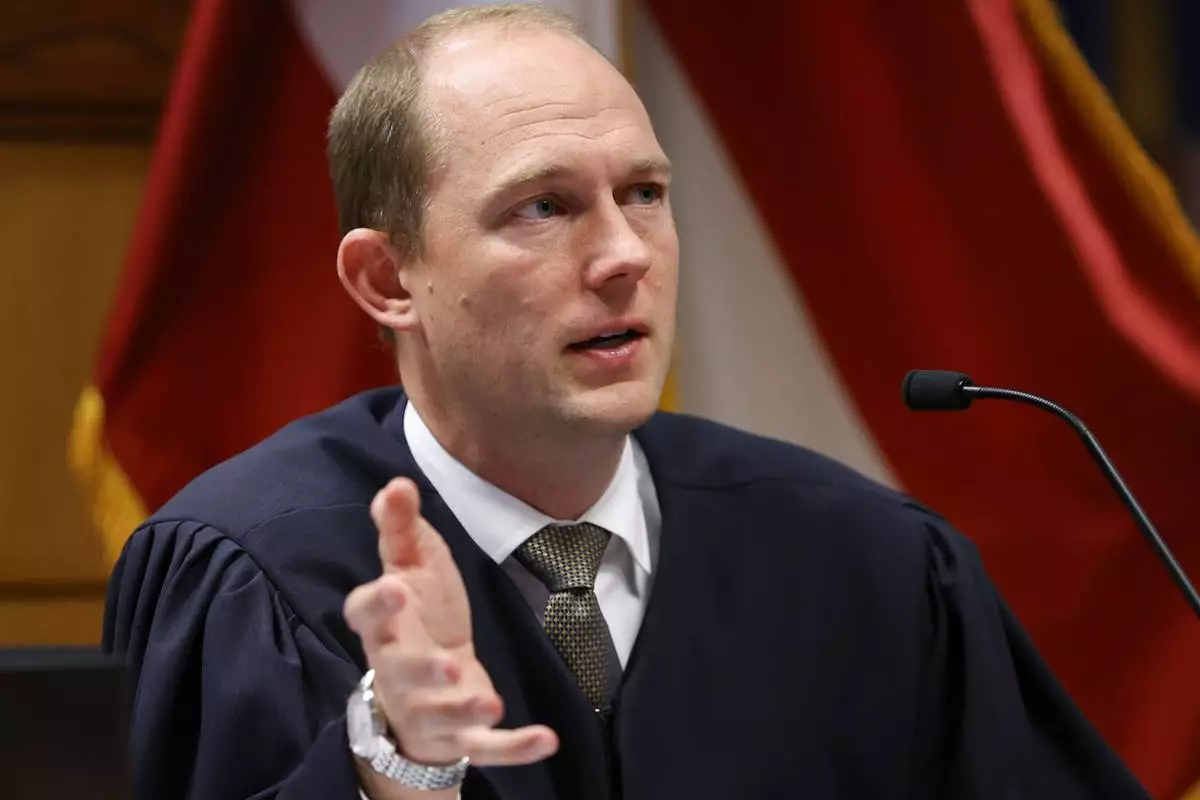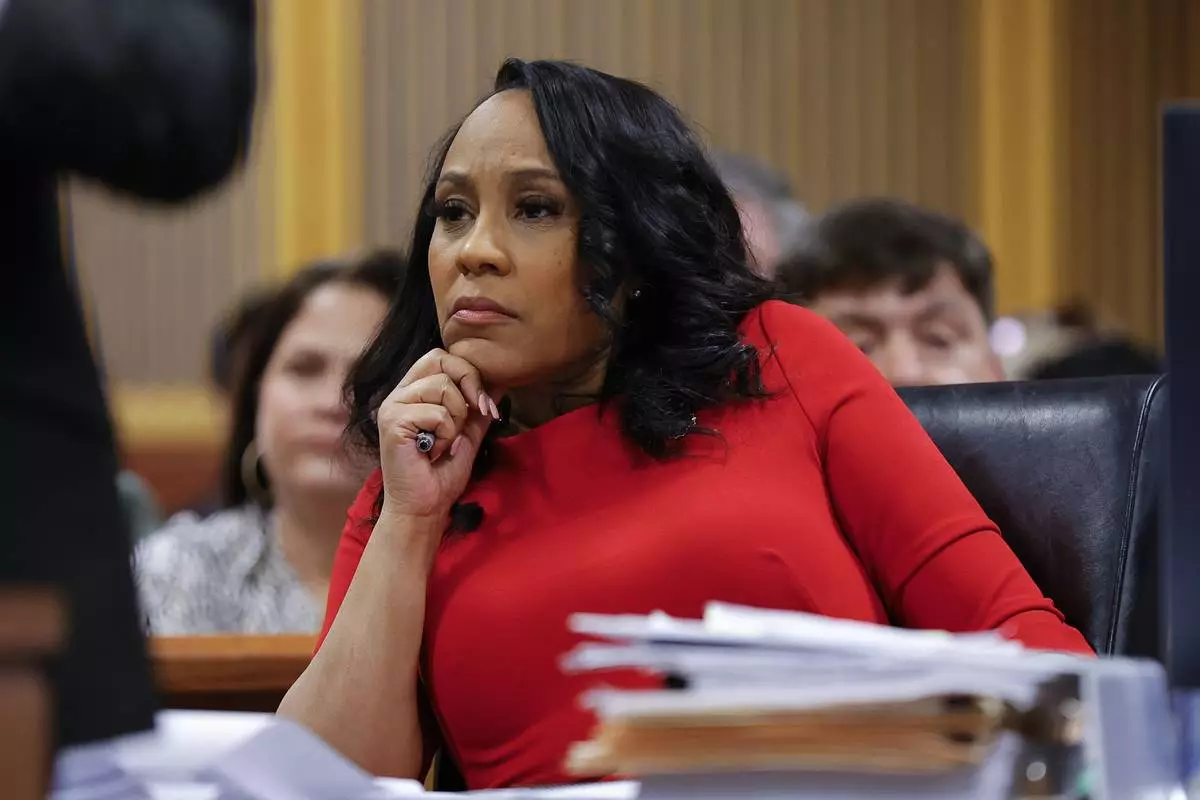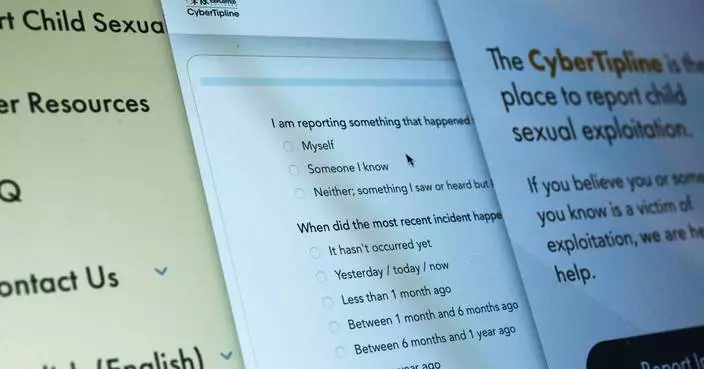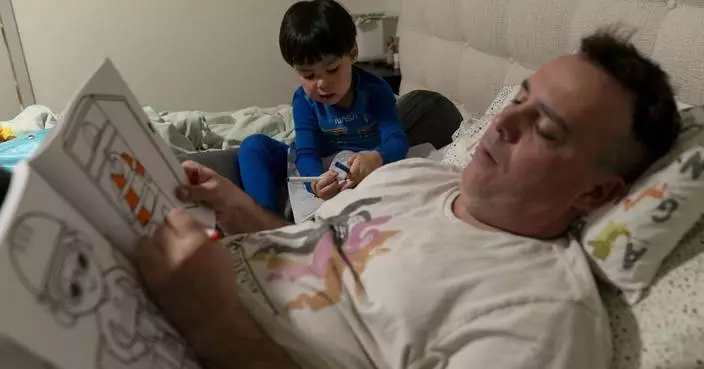A study of the University of Michigan (UM) shows that children who get spanked may feel depressed, attempt suicide, drink at moderate-to-heavy levels or use illegal drugs when they grow up.
The study used data from the CDC-Kaiser ACE study, which sampled more than 8,300 people aged from 19 to 97. Study participants completed self-reports while seeking routine health checks at an outpatient clinic.

Designed Photo
They were asked about how often they were spanked in their first 18 years, their household background and if an adult inflicted physical abuse - pushing, grabbing, slapping or shoving - or emotional abuse, such as insults or swearing.
Nearly 55 percent of the respondents reported being spanked. Men were more likely to experience childhood spanking than women. Compared to white respondents, minority respondents other than Asians were more likely to report being spanked.
Those reporting exposure to spanking had increased odds of depression and other mental health problems, the study showed.
Researchers note that as both spanking and physical abuse involve the use of force and infliction of pain, as well as being linked with similar mental health outcomes, meaning it is important to prevent not just child abuse and mistreatment, but also harsh parenting before it occurs.
"This can be achieved by promoting evidence-based parenting programs and policies designed to prevent early adversities, and associated risk factors," said Shawna Lee, UM associate professor of social work. "Prevention should be a critical direction for public health initiatives to take."
The study and its findings have been published in Child Abuse and Neglect, a monthly social science journal covering child protection.
ATLANTA (AP) — A Georgia appeals court on Wednesday agreed to review a lower court ruling allowing Fulton County District Attorney Fani Willis to continue to prosecute the election interference case she brought against former President Donald Trump.
The move seems likely to delay the case and is the second time in as many days that the former president has gotten a favorable ruling that could push any future trials beyond the November election, when he is expected to be the Republican nominee for president. A day earlier, the judge in his Florida classified documents case indefinitely postponed that trial date.
Trump and some other defendants in Georgia had tried to get Willis and her office removed the case, saying her romantic relationship with special prosecutor Nathan Wade created a conflict of interest. Superior Court Judge Scott McAfee in March found that no conflict of interest existed that should force Willis off the case, but he granted a request from Trump and the other defendants to seek an appeal of his ruling from the Georgia Court of Appeals.
That intermediate appeals court agreed on Wednesday to take up the case. Once it rules, the losing side could ask the Georgia Supreme Court to consider an appeal.
Trump's lead attorney in Georgia, Steve Sadow, said in an email that the former president looks forward to presenting arguments to the appeals court as to why the case should be dismissed and why Willis “should be disqualified for her misconduct in this unjustified, unwarranted political persecution.”
A spokesperson for Willis declined to comment on the Court of Appeals decision to take up the matter.
In his order, McAfee said he planned to continue to address other pretrial motions “regardless of whether the petition is granted ... and even if any subsequent appeal is expedited by the appellate court.” But Trump and the others could ask the Court of Appeals to stay the case while the appeal is pending.
McAfee wrote in his order in March that the prosecution was “encumbered by an appearance of impropriety.” He said Willis could remain on the case only if Wade left, and the special prosecutor submitted his resignation hours later.
The allegations that Willis had improperly benefited from her romance with Wade resulted in a tumultuous couple of months in the case as intimate details of Willis and Wade’s personal lives were aired in court in mid-February. The serious charges in one of four criminal cases against the Republican former president were largely overshadowed by the love lives of the prosecutors.
Trump and 18 others were indicted in August, accused of participating in a wide-ranging scheme to illegally try to overturn his narrow 2020 presidential election loss to Democrat Joe Biden in Georgia.
All of the defendants were charged with violating Georgia’s Racketeer Influenced and Corrupt Organizations, or RICO, law, an expansive anti-racketeering statute. Four people charged in the case have pleaded guilty after reaching deals with prosecutors. Trump and the others have pleaded not guilty.
Trump and other defendants had argued in their appeal application that McAfee was wrong not to remove both Willis and Wade, writing that “providing DA Willis with the option to simply remove Wade confounds logic and is contrary to Georgia law.”
The allegations against Willis first surfaced in a motion filed in early January by Ashleigh Merchant, a lawyer for former Trump campaign staffer and onetime White House aide Michael Roman. The motion alleged that Willis and Wade were involved in an inappropriate romantic relationship and that Willis paid Wade large sums for his work and then benefitted when he paid for lavish vacations.
Willis and Wade acknowledged the relationship but said they didn’t begin dating until the spring of 2022, after Wade was hired in November 2021, and their romance ended last summer. They also testified that they split travel costs roughly evenly, with Willis often paying expenses or reimbursing Wade in cash.

FILE - Fulton County Superior Judge Scott McAfee presides in court, March, 1, 2024, in Atlanta. A Georgia appeals court has agreed to review a lower court ruling allowing Fani Willis to continue to prosecute the election interference case she brought against Donald Trump. (AP Photo/Alex Slitz, Pool)

FILE - Fulton County District Attorney Fani Willis looks on during a hearing on the Georgia election interference case, March, 1, 2024, in Atlanta. A Georgia appeals court has agreed to review a lower court ruling allowing Fani Willis to continue to prosecute the election interference case she brought against Donald Trump. (AP Photo/Alex Slitz, Pool)

Former President Donald Trump, with his attorney Todd Blanche, speaks to reporters following the day's proceedings in his trial, Tuesday, May 7, 2024, in New York. (Sarah Yenesel/Pool Photo via AP)













